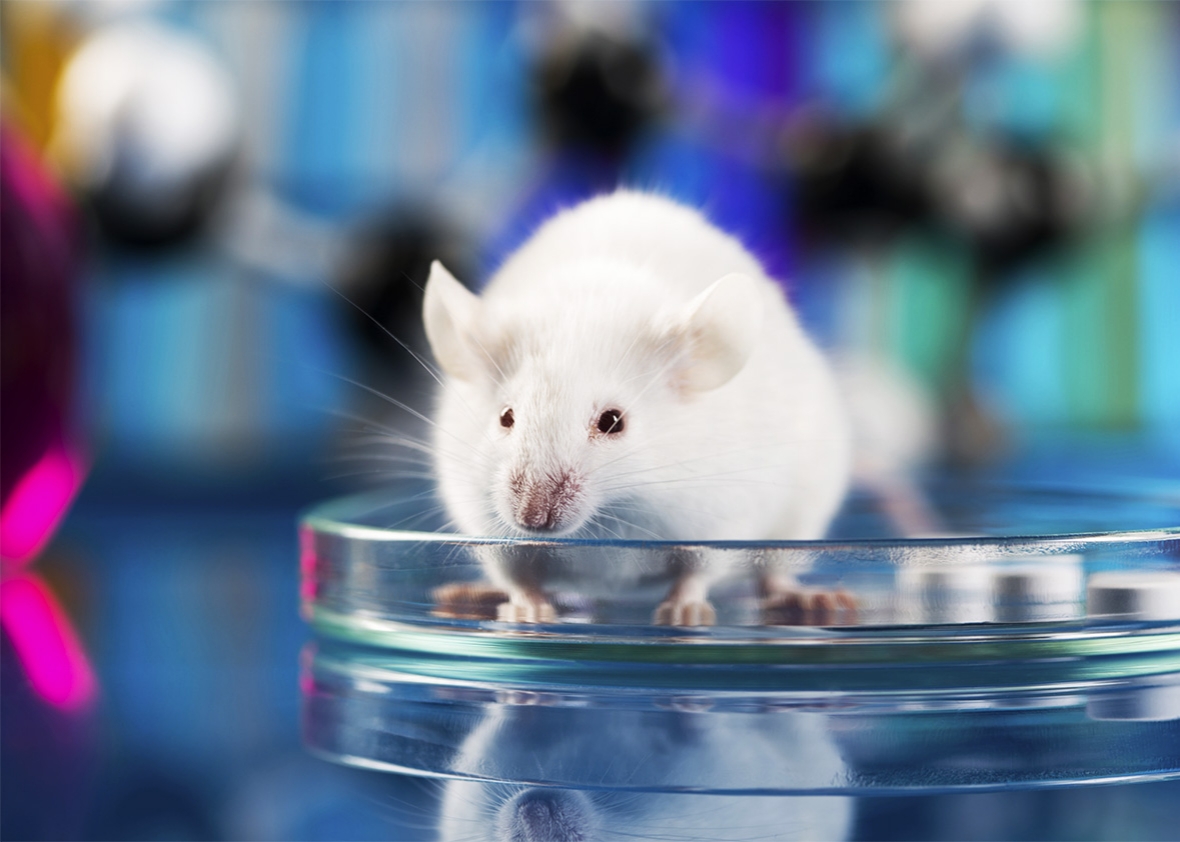
Unexpected mutations after CRISPR gene-editing
A new study suggests that CRISPR editing can cause hundreds of unintended mutations.
A study lead by investigators at Columbia University Medical Center (CUMC) suggests that CRISPR gene-editing technology can introduce hundreds of unintended mutations into the human genome.
The study, which has sparked concerns about the negative effects of gene-editing interventions, involved researchers sequenced the entire genome of mice that had undergone CRISPR gene editing in previous study into blindness. Researchers looked for all mutations, including those that only altered a single nucleotide.
According to Kellie Schaefer, a Stanford PhD student and co-author of the study, the genomes of two independent gene therapy recipients had sustained more than 1,500 single-nucleotide mutations and more than 100 larger deletions and insertions. The earlier study had successfully corrected for blindness in the mice, but none of the DNA mutations were predicted by computer algorithms that are widely used by researchers to look for off-target effects.
Similar studies in the past have involved the use of computer algorithms to identify areas most likely to be affected off-target mutations; these areas are then examined for deletions and insertions. Yet this method has the weakness of missing anomalous mutations in unexpected areas of the genome.
“Researchers who aren’t using whole genome sequencing to find off-target effects may be missing potentially important mutations,” said Dr. Stephen Tsang, and opthomologist and geneticist who was a co-author of the study. “Even a single nucleotide change can have a huge impact.”
The researchers didn’t notice anything obviously wrong with their animals, and remained positive about the potential of CRISPR technology. They did, nevertheless, suggest that whole-genome sequencing should be used by others to determine the safety and accuracy of their CRISPR gene-editing methods.
Unexpected mutations after CRISPR gene-editing experiments
Xavier Symons
Creative commons
https://www.bioedge.org/images/2008images/lab_mouse.jpg
crispr
gene editing
- Can machines be moral? - March 7, 2021
- Can we synthesise Christianity moral theology with secular bioethics? - November 28, 2020
- Euthanasia polling data may fail to capture people’s considered views - August 15, 2020
